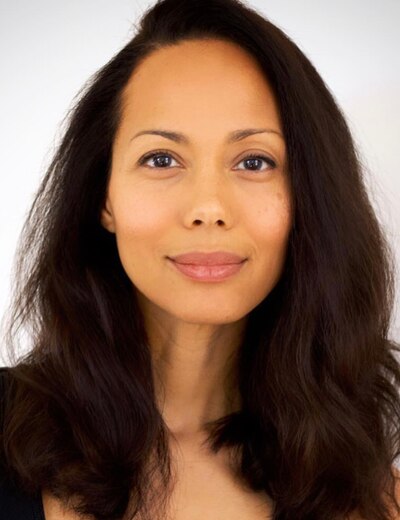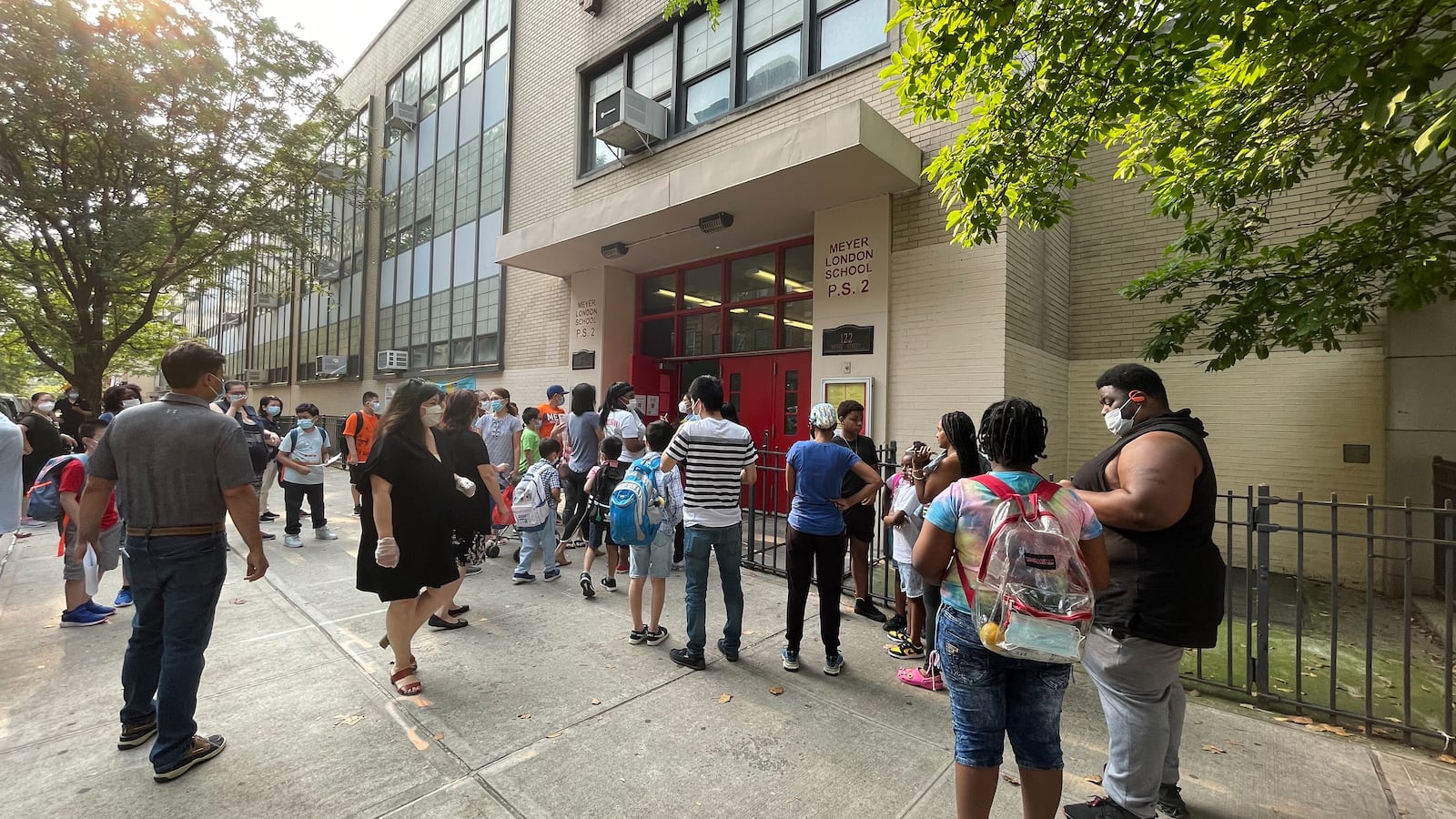Sign up for Chalkbeat New York’s free daily newsletter to keep up with NYC’s public schools.
I recently became acting president of the Community Education Council, or CEC, for Brooklyn’s District 15. At my very first meeting in charge, I was yelled at by angry parents — an experience many school board presidents around the country can probably relate to.
What I can relate to is the frustration of these parents, who had come to vent to us and our district superintendent about the lack of seats in the city’s Summer Rising program. They asked us what they were supposed to do now: Where would they find high-quality summer programs just a few weeks before the end of the school year? More importantly, how and where would they find affordable childcare?

That night, I told the parents in attendance that I, too, am livid about the situation. My two kids were among the 45,000 city students who didn’t receive spots in the free, six-week summer program that combines academics and enrichment activities, such as sports, arts, and field trips. I had hoped to have my children in Summer Rising until mid-August, when they begin their vacation time with my ex-husband. But like thousands of other parents, I found myself scrambling to figure out what they would do instead.
Just two years after the city’s education department and youth and community development department rolled out the program for all students in grades K-8, demand has far exceeded the available spots. The shortfall of seats, combined with the city’s lack of clear communication around it, has created a situation that feels neither safe nor supportive.
As an advocate for equity, I’m grateful that the education department prioritized seats for students required to attend summer school, those in temporary housing and foster care, those with 12-month IEPs, and those who attend free after-school programs run by local organizations that are also running Summer Rising sites.
But nowhere in schools Chancellor David Banks’ April 5 email announcing 110,000 Summer Rising seats does the city say how many applicants might not get seats. In the weeks that followed, as the city continued to promote the program, many families enthusiastically applied.
Just days ago, the city’s education department sent an email saying that 94,000 spots had been filled and that from June 16-23, they will fill the remaining spots with students mandated to attend summer school. Once those students are enrolled, they may have spots available for some of the 45,000 students who applied but did not receive seats. One week before the end of the school year, thousands of families who did not get in are left hoping to get lucky.
How many families within and just outside of the priority categories have been left desperate to figure out what to do?
Looking ahead, for the sake of all the parents now left scrambling, I implore the city to start the Summer Rising application process three months earlier. Additionally, since the program is held in public schools, I believe Summer Rising should prioritize students in traditional public schools over those in charter and independent schools to whom the program is also open. And finally, city officials should also communicate more clearly the number of available seats in relation to the number of potential applicants. (I also realize there may be questions about the future of the program, which has been funded in part by federal COVID relief dollars, and those dollars will soon dry up.)
While I still don’t have summer plans finalized for my children, I know my family will be able to make the best of this situation. But how many families within and just outside of the priority categories have been left desperate to figure out what to do?
District 15’s Community Education Council had a packed agenda for our recent meeting, but every attempt to move on to the next item on the agenda returned us to the issue of Summer Rising. Following our meeting, our council created district and citywide petitions, asking the education department to reevaluate its Summer Rising plan.
We will share the responses with the education department, Chancellor Banks, and Mayor Adams. I want school and city leaders to know how profoundly this issue resonates with families and how widespread the need is for free, high-quality summer programs. The city must do better for our children. I know it can.
Nancy Randall is acting president of the Community Education Council for Brooklyn’s District 15, PTA President of P.S. 58, and a Ph.D. student in Urban Education at the CUNY Graduate Center.


